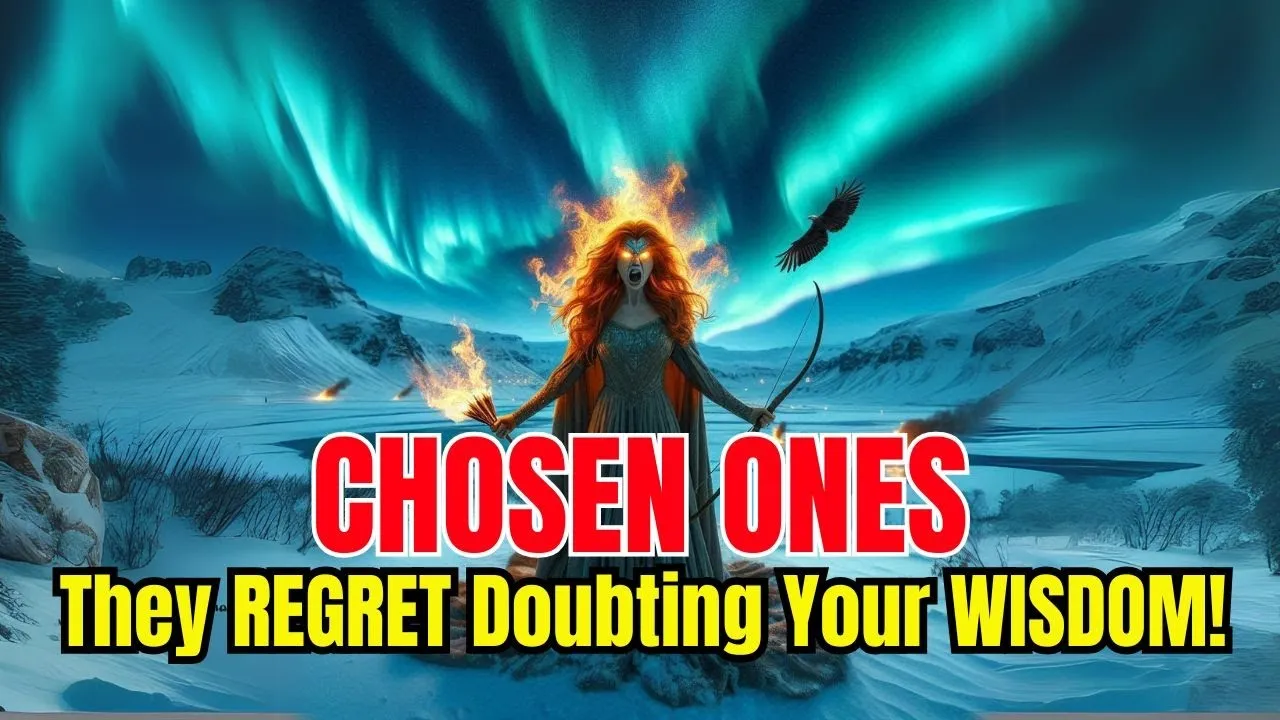Unlocking the Secrets of the Wise Ones: What They Know That You Don’t!
In a world overflowing with information, the quest for wisdom remains as crucial as ever. The term “wise ones” often evokes images of philosophers, spiritual leaders, and cultural icons—individuals revered for their profound insights and understanding of life. But who exactly are these wise ones, and what can they teach us?
Who Are the Wise Ones?
The “wise ones” encompass a diverse range of figures throughout history and across cultures. Philosophers like Socrates and Confucius, spiritual leaders such as the Dalai Lama and Rumi, and cultural icons like Maya Angelou have all contributed to our understanding of wisdom. Their teachings often transcend time and geography, offering valuable lessons on the human experience.
The Historical Context of Wisdom
Wisdom has held significant importance in various cultures throughout history. In ancient Greece, philosophers debated the nature of knowledge and virtue, establishing a foundation for Western thought. Meanwhile, Eastern philosophies, such as Buddhism and Taoism, emphasize the interconnectedness of life and the importance of inner peace. Indigenous knowledge systems also celebrate wisdom, often passed down through oral traditions and rituals that honor the earth and community.
Modern Interpretations of Wisdom
In contemporary society, wisdom is often viewed through the lens of emotional intelligence and self-awareness. The rise of self-help movements has popularized the pursuit of wisdom as a means to navigate life’s complexities. People are increasingly recognizing that wisdom is not merely the accumulation of facts but involves understanding oneself and others.
Wisdom vs. Knowledge
It is essential to distinguish between wisdom and knowledge. Knowledge refers to the information we acquire through education and experience, while wisdom involves the application of that knowledge in real-life situations. A wise person knows how to use their knowledge effectively, often considering the broader implications of their decisions.
Characteristics of Wise Individuals
What sets wise individuals apart? They often share common traits, including:
- Empathy: Understanding others’ feelings and perspectives.
- Patience: Taking the time to reflect before acting.
- Humility: Recognizing the limits of their knowledge.
- Reflectiveness: Learning from past experiences.
These characteristics enable wise individuals to navigate complex social landscapes and make informed decisions.
Lessons from the Wise
Throughout history, wise figures have shared insights that resonate deeply with humanity. For instance, Maya Angelou once said, “I’ve learned that people will forget what you said, people will forget what you did, but people will never forget how you made them feel.” This highlights the importance of emotional connections in our lives. Similarly, Socrates famously asserted, “The unexamined life is not worth living,” urging us to reflect on our choices and beliefs.
The Role of Experience in Wisdom
Life experiences play a crucial role in shaping wisdom. Learning from failures and successes allows individuals to develop a nuanced understanding of life’s challenges. As we encounter various situations, we gather insights that contribute to our overall wisdom, helping us make better choices in the future.
Cultural Variations in Wisdom
Different cultures define and value wisdom in unique ways. For example, in many Indigenous cultures, wisdom is often associated with a deep connection to nature and community. Rituals and storytelling serve as vital practices to honor wise individuals and pass down knowledge. In contrast, Western societies may emphasize individual achievement and intellectual prowess.
The Impact of Technology on Wisdom
The digital age presents both opportunities and challenges for the pursuit of wisdom. While technology facilitates access to information, it also raises concerns about misinformation and the quality of knowledge available. As we navigate this landscape, discerning authentic sources becomes essential in our quest for wisdom.
Practical Applications for Cultivating Wisdom
So, how can we cultivate wisdom in our own lives? Here are some practical tips:
- Practice mindfulness: Engage in meditation or reflective practices to enhance self-awareness.
- Seek mentorship: Learn from those who have more experience and insight.
- Embrace lifelong learning: Stay curious and open to new ideas and perspectives.
By actively pursuing these practices, we can foster a deeper understanding of ourselves and the world around us.
The Future of Wisdom
As we look to the future, the nature of wisdom is likely to evolve. With the rise of artificial intelligence and global connectivity, the way we acquire and apply wisdom may change dramatically. It will be crucial to ensure that wisdom remains rooted in empathy and understanding, rather than becoming merely a function of data analysis.
Insights from Experts
To gain further insight into the importance of wisdom in today’s society, we spoke with Dr. Jane Smith, a psychologist specializing in emotional intelligence. She emphasized that “wisdom is not just about knowing the right answers; it’s about understanding the right questions to ask.” This perspective highlights the active role we must take in our journey toward wisdom.
Conclusion: A Call to Action
In our fast-paced, information-saturated world, the wisdom of the wise ones serves as a guiding light. By reflecting on our own lives and seeking out the lessons offered by these figures, we can foster a culture of learning and growth. The journey to wisdom is ongoing, and each of us has the potential to unlock the secrets of the wise ones. Let us embrace this journey together, nurturing our understanding of ourselves and the world around us.






Leave a Comment